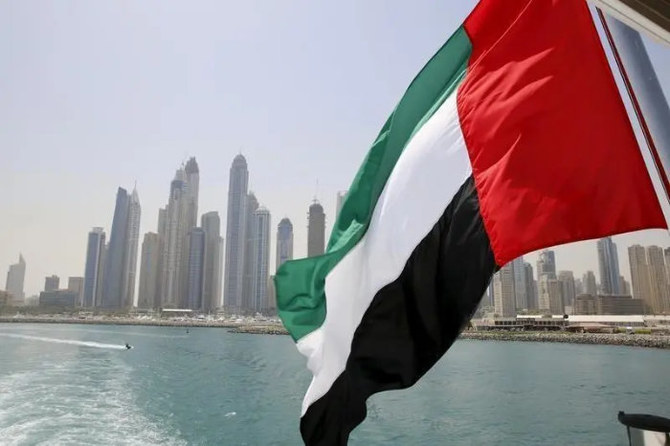
Participants at the World Governments Summit question the ability of current systems and forms of governance to lead the future, given the rapid developments, especially that governments are slow to keep pace, creating a gap between them and communities.
The three-day World Government Summit 2019 kicked off on Sunday in Dubai with more than 4,000 participants from 140 countries, including heads of state and governments, as well as representatives of 30 international organizations.
Experts at the Summit called on governments to find solutions to improve state institutions to be able to cope with rapid changes around the world, contrary to the private sector which has been successful in keeping pace with them.
“They even know the number of our heart beats, so who owns this information, owns the future,” said UAE’s Minister of Cabinet Affairs and The Future, Mohammed al-Gergawi.
Gergawi touched on three major transformations that will accelerate during the coming period and will have a comprehensive impact on governments and peoples.
The first relates to the role of governments, saying maybe in the future governments will no longer lead the change in societies.
“The role of government must change.”
Gergawi said that the first question that needs to be answered is “who is leading the change today”, especially that governments are not leading change, but only trying to respond to it, and sometimes the response comes late.
The second question that Gergawi mentioned in his speech was "who owns the information today?" during which he compared governments, which kept the data in buildings regarded as national wealth, to todays large companies that maintain extensive user records.
Gergawi said it was vital that governments take control of the future, adding they “must find solutions to manage these changes and lead change in the future.”
He also indicated that governments have two choices - either reformulate themselves in proportion to current times, or risk losing their role and power.
He described the second change, which is imagination as the most important commodity of the future.
“Data will become the commodity of the future, with imagination and ideas - not oil and gas. So who owns these ideas will own the future.”
"Imagination and ideas” will be more important than oil and gas to future prosperity and 45 percent of jobs will change to the rise in artificial intelligence, indicated the Minister, adding that new jobs, which will achieve growth in the coming decades, will be those depending on imagination and creativity.
The third change is connectivity at a new level, according to Gergawi, who identified inter-connectivity through a single network as the main reason for well-being.
In just 15 years, the fifth-generation technology will generate economic opportunities worth $12 trillion, he said, asserting that “governments must find solutions to manage these changes.”
Founder and Executive Chairman of the World Economic Forum (Davos) Professor Klaus Schwab stressed the need for cities to become platforms for the creation of entrepreneurship-focused ecosystems that encourage imagination and innovation as the key drivers of global competitiveness.
"We need to move away from crisis management to more constructive management."
Schwab identified the speed of change, global transformation from a unipolar to a multipolar world and the new wave of populism, where people do not want to be left behind, as the main stress factors exerting pressure on the global system.
He listed the imbalance caused by rapidly evolving technology, the challenge of data protection, and the breakdown of social and ecological systems as threats to the world in the age of Globalization 4.0.
"We have to change course. We have to move from globalization to a new type of globalization – what we call Globalization 4.0 – which is in line with the modern world, with the Fourth Industrial Revolution, with a multi-polar world."












